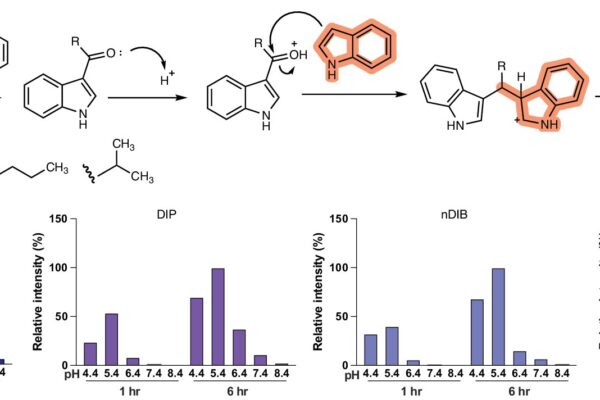
No Evidence of Dementia, Brain Atrophy With Antidepressant Use
Antidepressant medication use is not associated with long-term cognitive decline, brain atrophy, or dementia risk, according to results from a prospective cohort study published in Alzheimer’s and Dementia. Although antidepressants are used widely and have become more frequently used among older adults, the long-term effects of antidepressant use on cognition and dementia remain uncertain. To…













